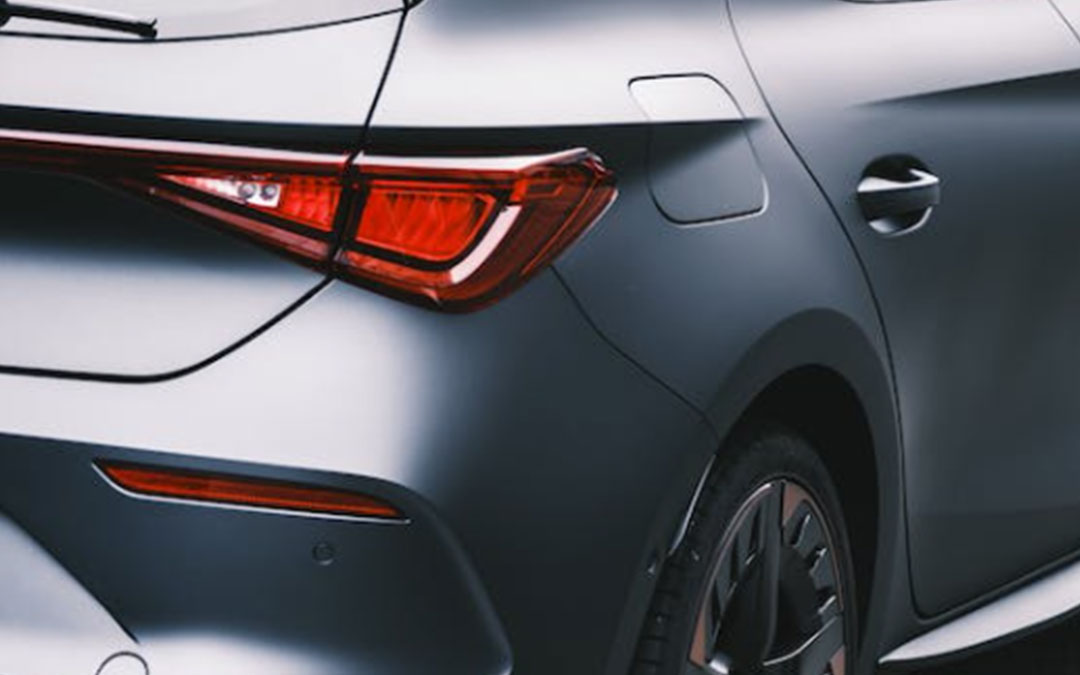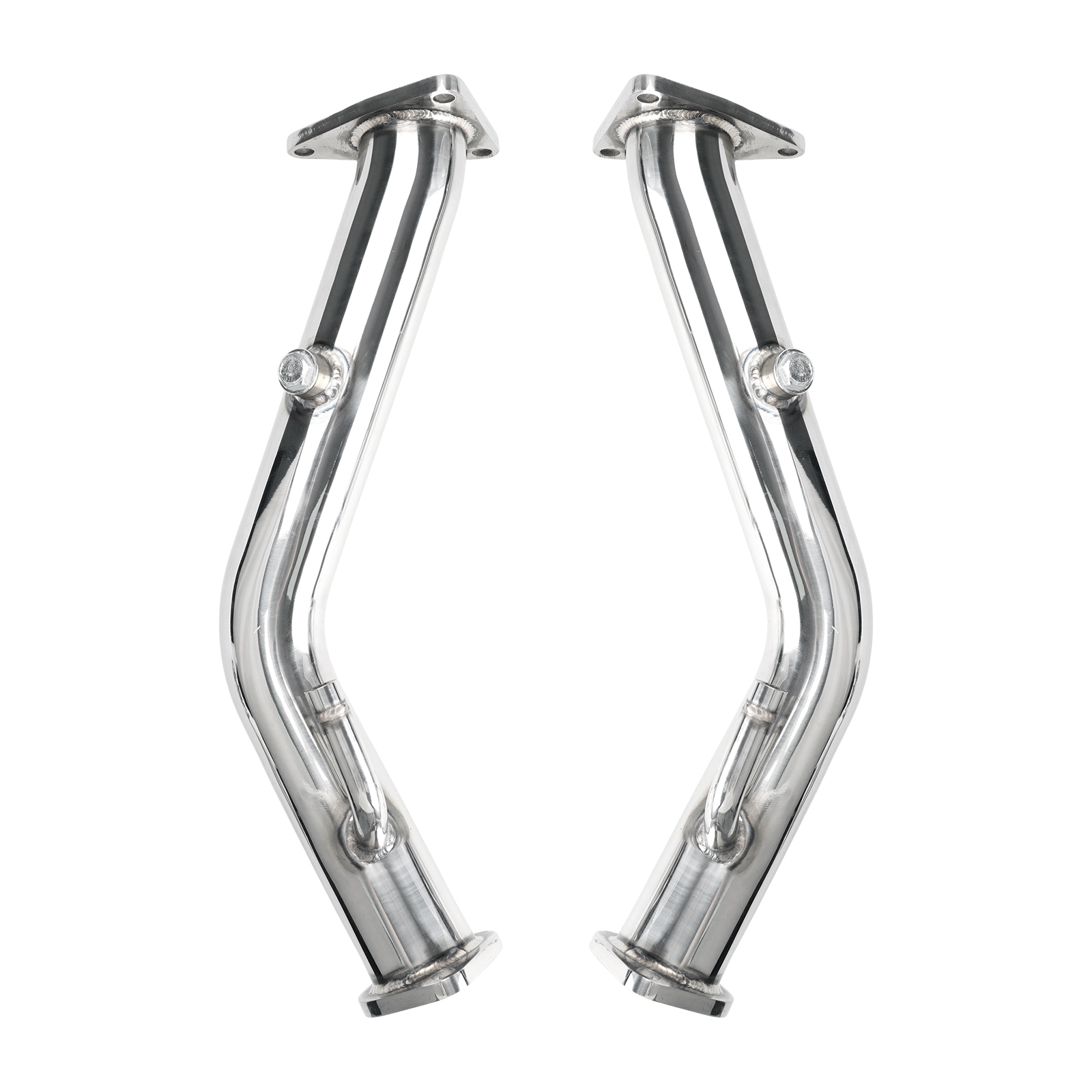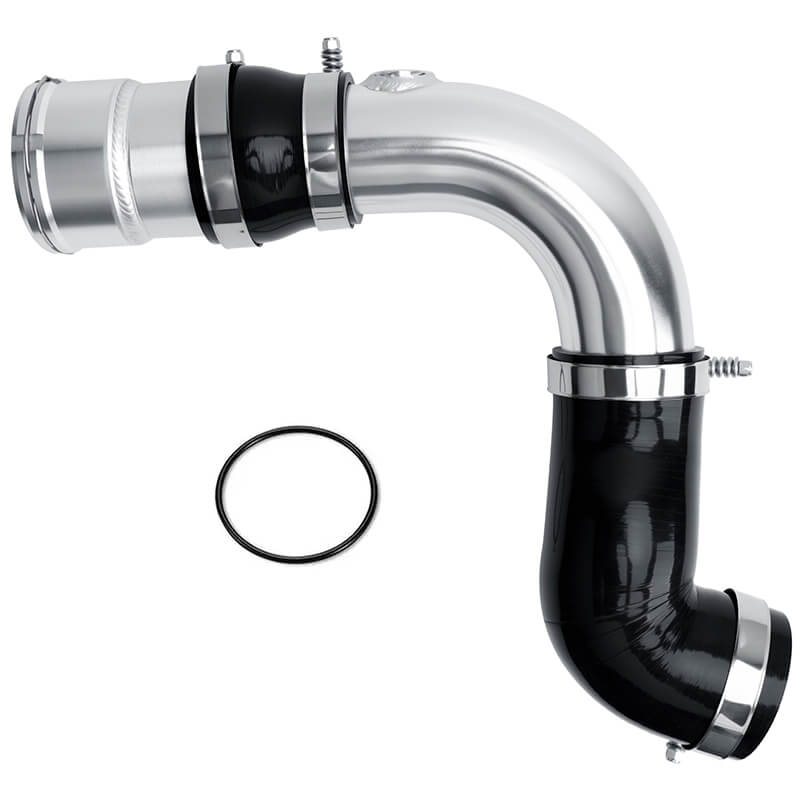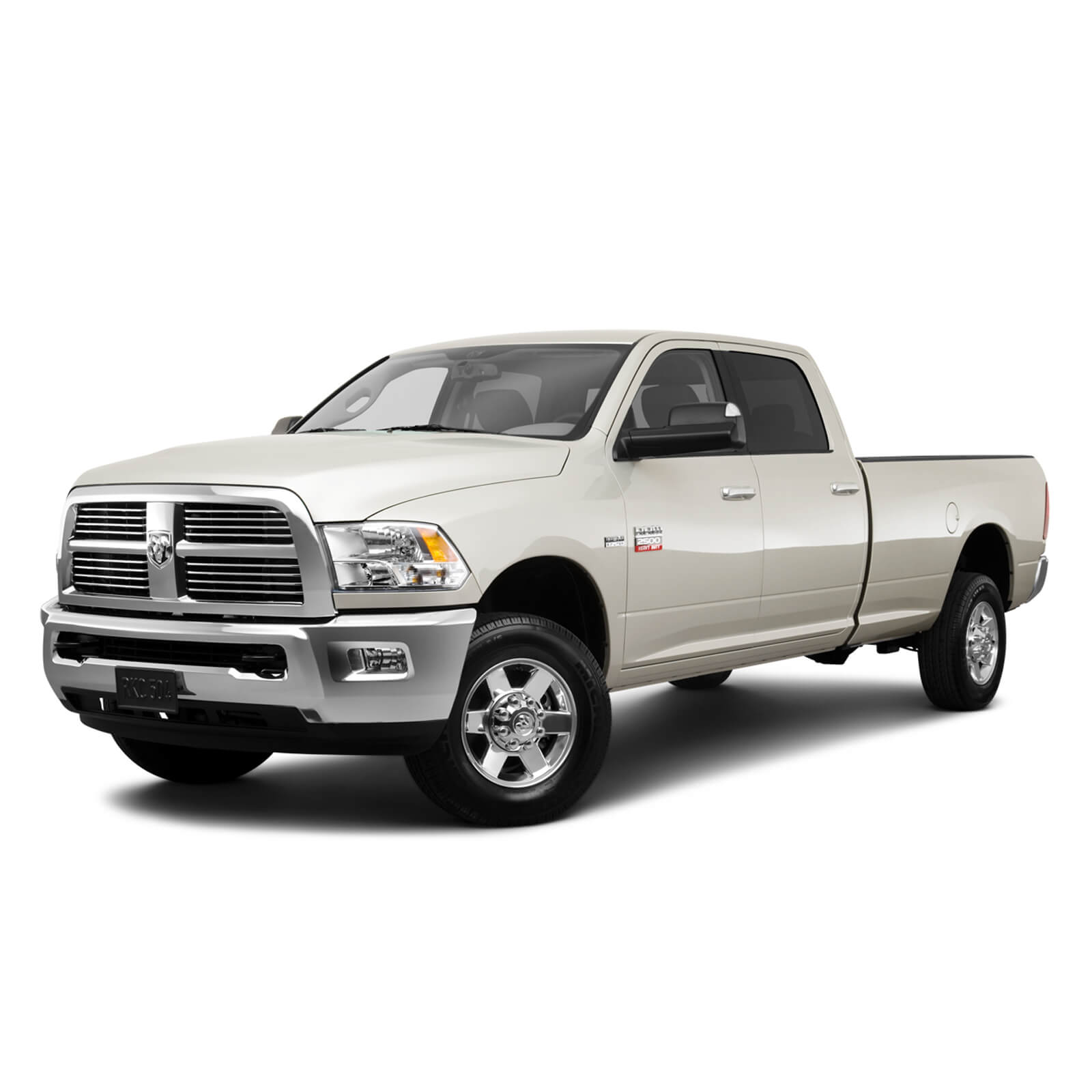Have you ever been driving at night and had someone tailgate you? Or, have you ever been the one doing the tailgating, only to realize too late that the car in front of you has stopped? In both situations, proper use of backup lights could have prevented the issue. Backup lights are an important safety feature on any vehicle. Read on to learn more about backup lights.
What Are Backup Lights?
Backup lights are also called reverse lights. They are mounted on the rear end of a vehicle and are connected in a way that only lights up when it is put into reverse gear. No matter what class or budget of vehicle you drive, every car is equipped with a reverse light.
Backup lights are mounted to warn other drivers and pedestrians nearby that a vehicle will turn backward. They also give off light while the vehicle is making backup direction. Reverse lights on vehicles are typically white, and this lighting is standard for all vehicles.
Why Are Backup Lights Important?
If you put it into reverse, the backup reverse light will automatically illuminate. This signals to vehicles coming from behind that you are about to reverse, which can avoid major accidents. Imagine that the vehicle behind you doesn't know that you are about to reverse, and it continues towards you. Isn't that scary?
Backup lights are also useful for other purposes. Reversing in the darkness gets the job completed better with adequate lighting. In pitch black, backup lights provide plenty of light to see how far at an angle you need to reverse and how much. On modern vehicles equipped with reverse cameras, backup lights reveal objects to make it easier for them to navigate the space.
From an overall safety point of view, the reverse lights are a very critical component. Just like your hazard lights, headlights, and steering indicators, reverse lights must always be working. This will ensure that you can back up without worrying about accidents or poorly lit environments.
Are Backup Lights Required?
Every car must have one or two rear-facing reverse headlights in the United States. The light should be white. Some states require that your vehicle have working taillights to pass inspection, while others do not. Whatever the requirements, yours should work.

When Should You Change Backup Lights?
In general, you should check the backup lights every six months or every 12,000 miles driven, whichever comes first. This will help ensure that the bulb is still working and the reverse light shines brightly.
Also, here are a few signs that it might be time to change your backup lights.
-- If you notice that your backup lights are dimming, it's likely time for a change.
-- You should also change your backup light bulbs if they start to flicker or fail to come on at all.
-- If you notice any signs of wear or damage to the backlight, such as cracked or faded lenses, replace them immediately. Broken reverse lights can be dangerous when driving in the dark.
In general, it's a good idea to keep a spare set of backup light bulbs on hand in case of emergencies.
Backup lights are designed to operate continuously under normal conditions and may lose brightness and visibility over time. If your stock backup light bulbs fail, upgrading to LED backup lights is ideal for improving your rides. SuncentAuto offers the best collection of LED backup lights at affordable price. Get yours now>>
Be sure to consult your vehicle's owner's manual for specific instructions on changing your backup light bulbs.
How to Test Backup Lights?
If you need to test your backlights, but there is no one around to help, there is a way to do it yourself. Turn the ignition to the "on" position (without starting it), then put the gearbox into reverse with the parking brake on. It is essential to make sure the parking brake is on. Once set up, get out of the car and look at the reverse lights, they should be illuminated.
The Bottom Line
Backup lights offer a vital safety function for any vehicle. If your backup lights are not functioning appropriately, it's important to have that fixed as soon as possible. Backup lights can help you avoid collisions and keep your passengers safe.
















































